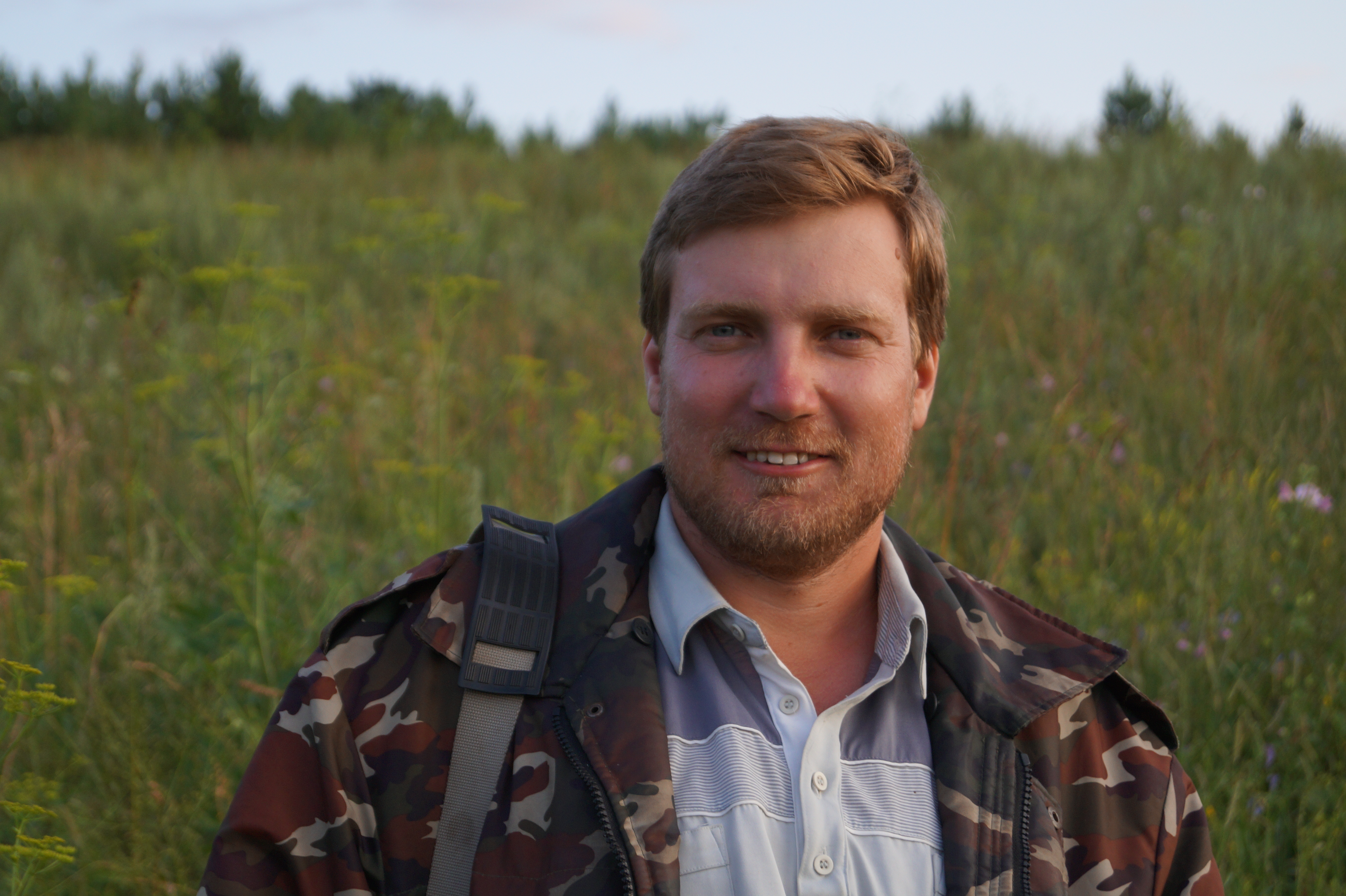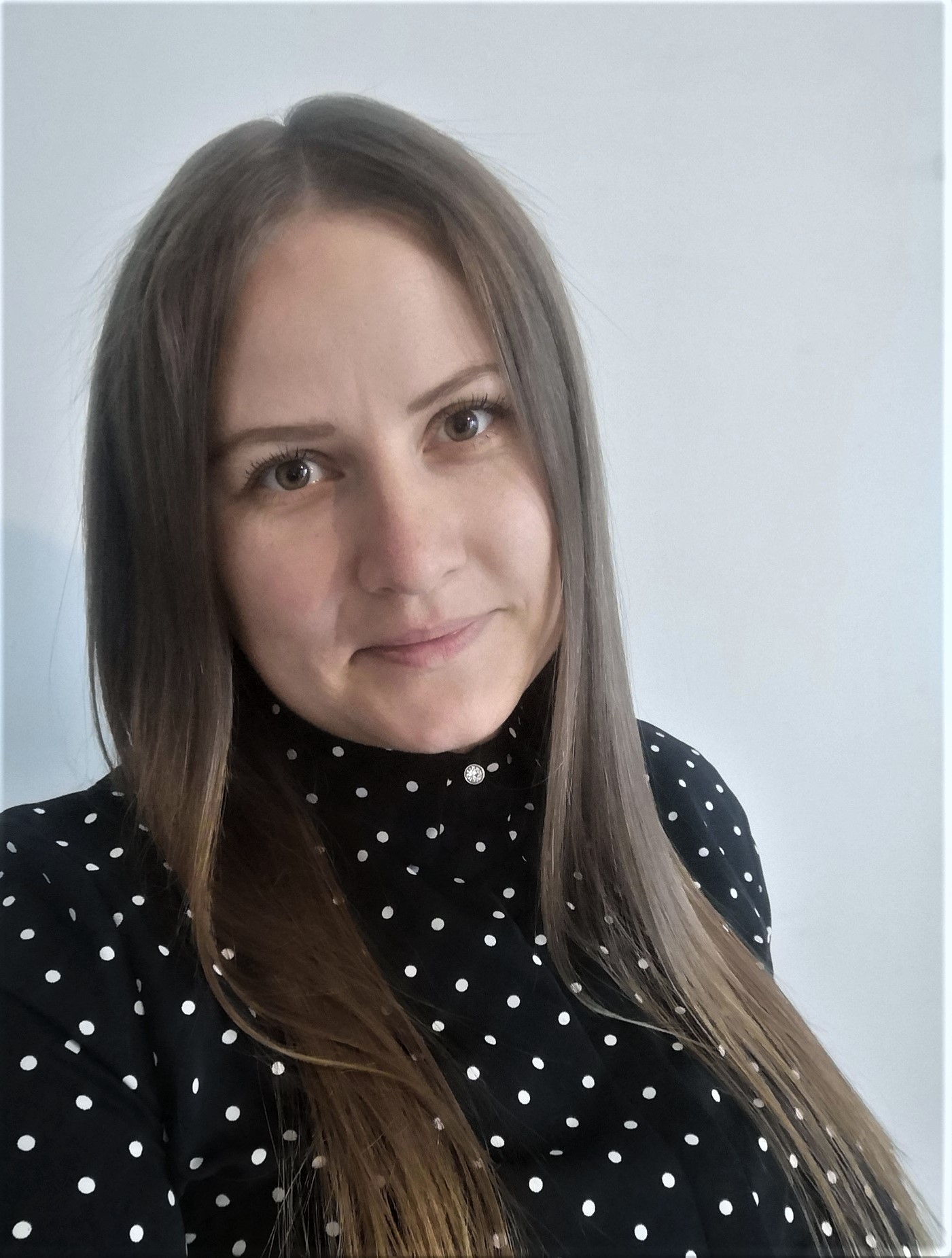The article studies the activities of the commissions of assistance to executive committees for monitoring compliance with the legislation on religious cults in the mid-1970s – early 1980s in Khakassia. On the basis of archival data, the duties of commission members and their methods of working with believers are shown. The commissions studied the religious situation, monitored compliance with the legislation on cults, attended meetings of religious communities, places of work and residence of believers, conducted conversations and lectures with them. Special attention is paid to the work of the commissions with schools and enterprises. The effectiveness and results of the activities of the members of the commissions, their impact on the registration process of religious communities and their role in the implementation of state policy on the ground are considered. The paper describes the issue of interaction of the commissions with the regional executive committee and the commissioner of the Council for Religious Affairs under the Council of Ministers of the USSR in the Krasnoyarsk territory, which included the Khakass Autonomous Region. In their work, the members of the commissions were guided by official guidelines regarding religion. The work of the commissions contributed to the legalization of the activities of unregistered religious communities. Thanks to their work, cases of violations of the law on cults almost immediately became known to higher authorities. The organization of the commissions had a number of shortcomings, so criticized by the Commissioner of the Council for religious Affairs under the USSR Council of Ministers in the region and improved through the implementation of its recommendations
Keywords: state-confessional relations, Siberia, Khakassia, commissions for assistance in monitoring compliance with legislation on religious cults, Commissioner of the Council for Religious Affairs, atheistic propaganda
DOI: 10.22250/2072-8662.2021.1.51-63
About the authors
 |
Petr K. Dashkovskiy – DSc (History), Professor, Head of the Department of Regional Studies of Russia National and State-Confessional Relations;
|
 |
Natalia S. Goncharova – Post-graduate student of the Department of Regional Studies of Russia, National and State-Confessional Relations;
|






